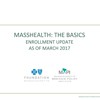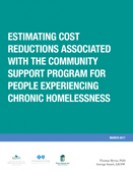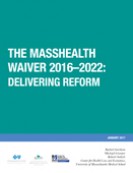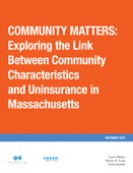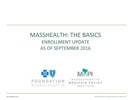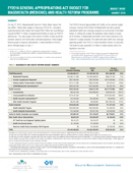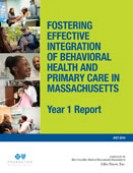MassHealth: The Basics (September 2017)
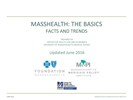
UPDATED (September 2017) chart pack produced by the Massachusetts Medicaid Policy Institute (MMPI), a program of the Blue Cross Blue Shield of Massachusetts Foundation, in partnership with the Center for Health Law and Economics at the University of Massachusetts Medical School. This updated edition includes MassHealth enrollment as of May 2017 and spending from state fiscal year 2016. It is made available in PDF and PowerPoint formats to facilitate its use in presentations.
The Foundation hosted a webinar with author Bob Seifert from the Center for Health Law and Economics, University of Massachusetts Medical School to review the updated summary data on MassHealth enrollment and spending on Wednesday, October 11, 2017. Click here to access the webinar materials.




